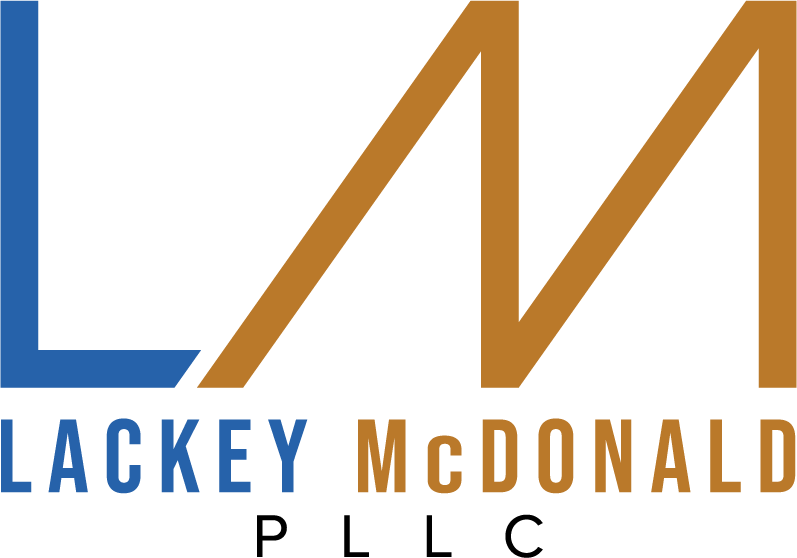Navigating the complexities of commercial real estate transactions is no small feat. Whether you're a seasoned investor, a commercial property owner, or considering a 1031 exchange, understanding the integral role that qualified attorneys play in these deals can be a game-changer. This blog post aims to shed light on why having an experienced attorney at your side is essential for safeguarding your investments and ensuring smooth transactions.
Understanding Commercial Real Estate Transactions
Commercial real estate transactions involve a variety of complex legal and financial components. Unlike residential property transactions, commercial deals often include intricate lease agreements, zoning laws, environmental regulations, and financing arrangements. Therefore, having a deep understanding of these elements is crucial for anyone involved in commercial real estate.
Why You Need a Qualified Attorney
When it comes to commercial real estate, the stakes are high. Here’s why a qualified attorney should be part of your team:
1. Due Diligence
One of the first steps in any commercial real estate transaction is due diligence. This involves investigating the property's history, current condition, and potential future value. A qualified attorney will:
- Review title deeds and property records.
- Examine zoning laws and compliance with local regulations.
- Assess any existing liens or encumbrances on the property.
2. Contract Review and Negotiation
Contracts in commercial real estate are often complex and filled with legal jargon. An experienced attorney can:
- Review and draft purchase agreements, ensuring they protect your interests.
- Negotiate terms and conditions to secure the best deal possible.
- Advise on lease agreements, including terms for renewals, rent escalations, and tenant obligations.
3. 1031 Exchanges
For those considering a 1031 exchange to defer capital gains taxes, understanding the strict IRS regulations is critical. An attorney specializing in real estate can:
- Ensure compliance with IRS guidelines.
- Identify suitable replacement properties within the required timeline.
- Structure the exchange to maximize tax benefits.
4. Risk Management
Every commercial real estate deal carries inherent risks. A qualified attorney can help you mitigate these risks by:
- Identifying potential legal issues before they become problems.
- Advising on insurance needs and liability protections.
- Representing you in disputes, should they arise.
5. Closing the Deal
The closing phase involves finalizing all aspects of the transaction. This includes signing documents, transferring funds, and recording the deed. An attorney will:
- Coordinate with all parties involved to ensure a smooth closing process.
- Verify that all legal requirements and conditions are met.
- Handle the transfer of titles and other necessary documentation.
Conclusion
In the world of commercial real estate, the value of having a qualified attorney cannot be overstated. From due diligence and contract negotiations to managing 1031 exchanges and closing deals, an experienced attorney provides the expertise and security you need to protect your investments.
Don't leave your commercial real estate transactions to chance. Consult with a qualified attorney to ensure every aspect of your deal is handled with the utmost care and professionalism. Your investments deserve nothing less.
Are you ready to take the next step in securing your commercial real estate investments? Contact our team of experienced attorneys today to discuss how we can assist you in navigating the intricacies of your next deal.

